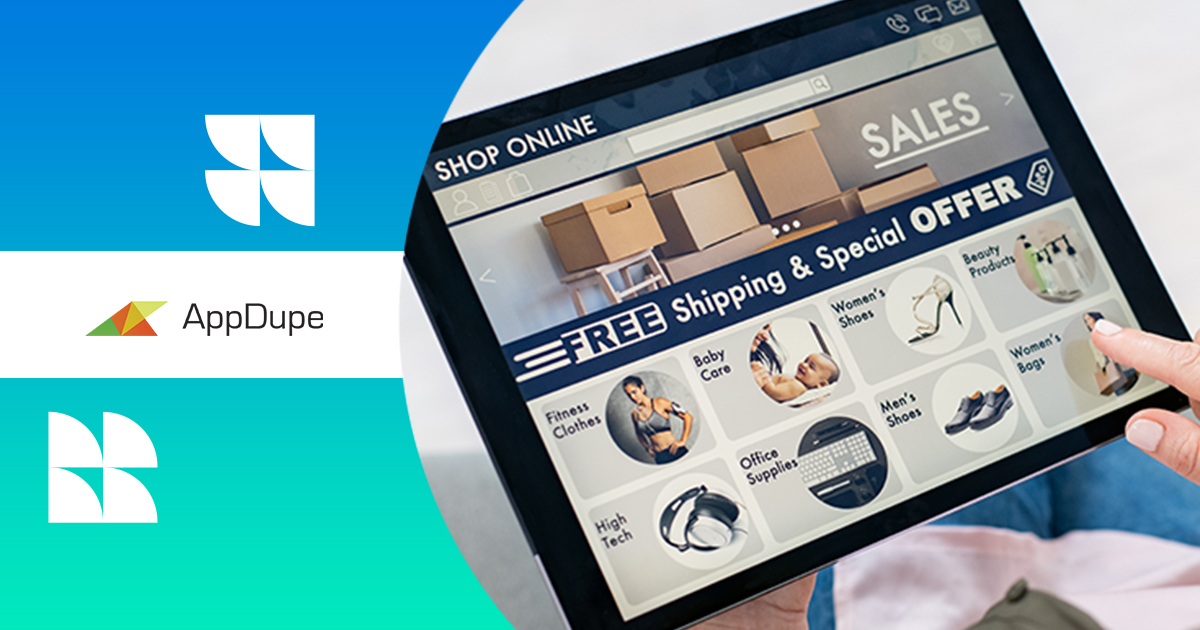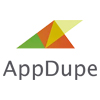
There is an exceptional growth in E-commerce marketplaces happening with each passing day. You must certainly know about famous websites like Amazon, eBay, Flipkart and Snapdeal. These websites crossed the 100 billion revenue mark and continue to grow with each passing day. Another equally important site to add to this list is DHgate and DHgate clone scripts associated with the site.
According to trusted data statistics sites, nearly forty eight percent of online shoppers navigate significant e-commerce marketplaces to buy something online. The pandemic did little to nothing to stop the growth of E-commerce sites. Etsy saw a spike of 146% in their marketplace as people started buying products like masks and home furnishings. These metrics indicate the power of a marketplace website.
Another site that is also slowly building popularity is DHgate. The site is an online marketplace to buy products manufactured in China and ship them anywhere globally. The site utilises the latest technology and practices to ensure buyer safety and security. It is a popular site within China and is recently gaining popularity outside its country.
The popularity of DHgate is the reason why there is a renewed interest in B2B marketplace development. If you want to know more about the DHgate clone script, this article is the right one.
Before we get started, let’s first get an understanding of an E-commerce marketplace.
Overview of E-commerce marketplace
The typical E-commerce marketplace or multi-vendor marketplace is where a customer can find and buy products from different vendors. The site’s purpose is to connect sellers and buyers directly.
One reason for the popularity of E-commerce marketplaces is the inclusion of advanced features like E-commerce fraud detection, real-time product tracking and secured payment gateways.
Is there more than one type of marketplace?
Yes. The E-commerce marketplace industry comprises the following marketplaces.
Product marketplace
A product marketplace is an online store where people can buy products. The best-known product marketplaces include eBay, Etsy and Amazon. These marketplaces have the following features to make an engaging user experience
- Payment options– This feature enables users to use their debit or credit card to pay for the product. Some sites also integrate third-party payment gateways like Apple Pay, PayPal, PayTM, etc.
- Mobile apps– This feature makes the site available as an app on smartphones. This approach increases the app’s accessibility and makes it available to a broader audience
- Website abilities– The website has features like social login, recommended items, shipping estimate, product listing, filters, user review system, discounts, coupons, etc.
- Website technology– A typical product marketplace uses these technologies to make it robust and efficient. The tech stack includes CMS, Frameworks and JS libraries
Service marketplace
This marketplace is where people find specialised services like transport, household maintenance, electronic repair, car rental, apartment rental, beauty services and IT freelancing. These sites also have numerous features like:
- Payment options– This marketplace provides payment options like credit cards, debit cards, PayPal, online fund transfers, wire transfers, express withdrawal, and direct deposits.
- Mobile app– This feature makes the brand available as an app on Android and iOS phones. This approach helps market the app to a broader audience.
- Website abilities– This includes features like social login, search option, feedback, real-time chat, bidding, profile verification, report product, product tracking and more
- Website technologies– The site uses technology like CMS and JS libraries
Launch Your E-Commerce Platform Like DHgate
Project marketplace
These marketplaces arrange to fundraise for startup projects. In return, the people who invest in these projects get access to perks like using the final product or some shares in the company. The best examples for these sites are Kickstarted, Indiegogo and Fundable.
These sites also come with a few features to help streamline the process.
- Payment gateways– The site integrates payment gateways, enabling payment from credit cards, debit cards, PayPal, ACH payments and GPay
- Mobile app- This feature makes the site available as mobile apps on Android and iOS platforms. This step goes a long way to increasing the app’s availability and makes it appeal to a broader audience.
- Website features- These sites come loaded with features like social login, campaigner profile cards, investor database, advanced search, social login, partner page, customer support and more
- Tech stack- These websites utilise technology like Frameworks and CMS
Hybrid marketplace
The hybrid marketplace is an online store where users can purchase both services and products. The best examples of these sites include Craigslist, Oodle and OLX. These sites have features to help with the user experience.
- Membership plans– This feature enables things like free posting, paid posting and featured listing
- Payment options– The site integrates payment gateways to enable payment through credit card, debit card, PayPal, cash and checks.
- Mobile app– This feature makes the site accessible on Android and iOS smartphones.
- Website abilities– The site comes loaded with features like ad posting, search listings, feedback forum, help desk forum, optional registration, social sharing and private messaging
- Tech stack- The site has a robust JS library, ensuring a streamlined experience
How to create a DHgate clone script?
Now that you understand the different marketplaces found on the net, building an e-commerce marketplace is the next step. Bear in mind that the use cases differ with each product, and there is no definitive solution to apply for every business. However, the methods listed below are the most used choices for website development
- Coding the whole website
Some businesses want the final product to resemble exactly what they intended and make no compromises. In this case, they hire a professional developer, who gives them complete access to the code, does not include third-party software and provides the business full license ownership.
- Use a website builder
This choice is the preferable option for entrepreneurs and organisations. In this case, they go to Magento or Shopify to help build their E-commerce tools and Joomla or WordPress for making the website. These solutions provide the user with extensive customisation options. This method also provides the owner with numerous plugins and extensions to help manage the website.
- Code-less marketplace builder
Using a SaaS option is perhaps the fastest way to build an E-commerce marketplace website. The Software-as-a-service option will ensure the best user experiences, requiring minimal investment and makes it easy for the owner to manage the website.
- Creating on top of an API
This method allows adding additional features to the website rather than relying heavily on the basics. It is better than building a website from scratch, highly customized and works well with third-party software. The only requirement is that the business must have a team of API developers.
Conclusion
We’ve covered the various ways you can go about with DHgate like app development. The E-commerce industry is flourishing, and not even the pandemic could stop that. If you want to create a website like DHgate, now is the time to do it. Get in touch with a renowned website development company and get started today.
Scale-up your business in the lucrative online space with our DHgate Clone Script

Marketing is my soul mate and writing is my side kick. Using my writing skills to share the knowledge of app development and upcoming technologies.





